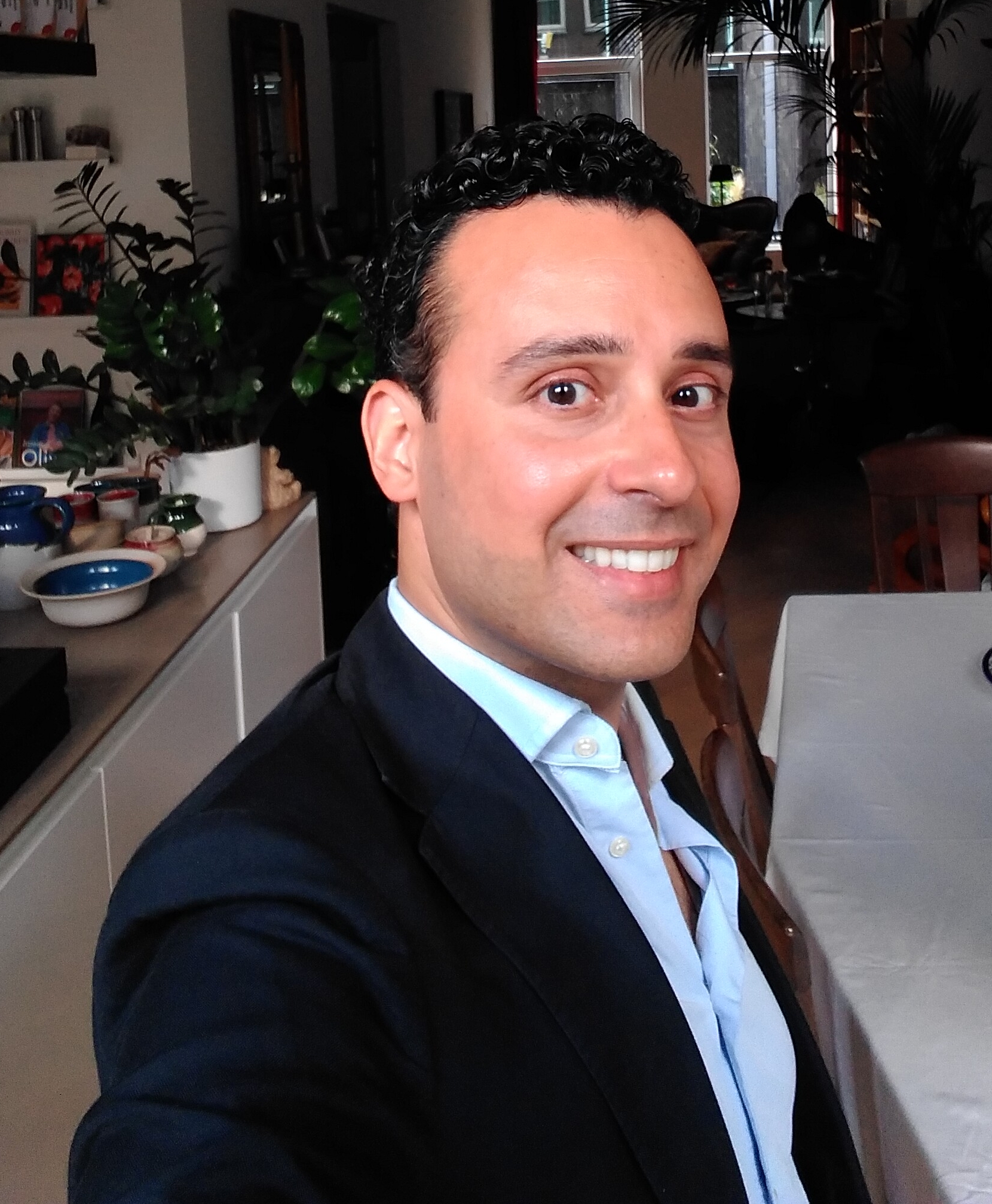Between 1983 and 1985, countless images revealed the extent of the devastating famine in Ethiopia. By contrast, three decades thereafter the East African nation emerged as the world’s fastest growing economy. Despite a not negligible range of political and socio-economic challenges, the country’s progression is praiseworthy. How do, particularly, highly skilled female Ethiopians experience these substantial social changes? In this interview, Maedot Assefa Kebede, one of the country’s rising entrepreneurs, does the talking.
TG: In previous years, several media portals have reported on foreign-educated Ethiopians returning home. In your case, what has been the reason behind your return to your country of birth?
“I was raised in a family where education was crucial – as such, I was thought about different cultures both within as outside my own country. So, when I left Ethiopia to pursue a master’s degree in the Netherlands, it was simply to explore as much as I could before the responsibilities of adult-life kicked in. An international service management graduate, when I was contemplating my return, I also knew that the industry I was trained for had still to reach its maximum level of development in Ethiopia. Because of this reason I was, of course, faced with the dilemma of staying abroad, also because I really enjoyed working in the Netherlands. But, eventually, I decided it was wiser to tackle the challenges sooner than later and moved back to Ethiopia. My guess was right: the first year was an experiment in getting employed and starting my own business – I realised I could do both with plenty of hard work and patience. In the past years, the hospitality industry has boomed and currently, there is an increasing number of national and international businesses entering the Ethiopian market. The situation has reversed, and the actual challenge lies not with hospitality professionals but with hospitality businesses in finding well-qualified personnel. I believe this is also a reason that attracts more Ethiopians to return home these days”.
TG: In the second half of 2017, the World Bank announced its intentions to enable more than $1 billion for women entrepreneurship in emerging countries. As a female entrepreneur, how does this information translate into reality?
“When I started my business three years ago, I naturally did research in terms of various types of funding. For a brief period, I was inclined to solicit the support of similar programmes, but in the end, I found most related processes being too long and sometimes vague to comprehend. It is pleasant indeed to read about these initiatives on the news, but I see only a handful or no women at all grasping these opportunities. While it’s hard to tell what the precise causes of these loopholes are, from my own experience I can tell that information in question is usually not available in accessible or easy-to-grasp modes. If similar programmes are to be of any added value, partner institutions implementing and allocating these funds, need to align their information flow specifically with women entrepreneurs, other than providing generic and too official information”.
TG: In her 2010 novel, Beneath the Lion’s Gaze, the Ethiopian writer, Maaza Mengiste, depicted a striking discourse of freedom and choice at the onset of Ethiopia’s 1974 military junta. How would you personally describe the political transition your country has been through in the last decades?
“I don’t have a recollection of the past regime in Ethiopia, but I’ve read Maaza Mengiste publications as well as other records based on true stories. Besides our history, I usually reflect on our performance as a country within the confines of what other countries and the entire world is going through and experiencing at the time. In so many aspects we’ve made a lot of progress, but if we look at our potential as a nation with a dynamic younger generation, I’d say we have a long way to go. In this, every single person has a role, be it the government, civic society, private sector and non-governmental organisations. We all need to take more responsibility and deliver quality work in our respective fields. Thus, in my opinion, we’ve only got started”.
TG: Three years ago, Ethiopia was voted the world’s best tourism destination by the European Council on Tourism and Trade, notably for its UNESCO heritage monuments. What role does culture play in your country’s development?
“In Ethiopia culture is everything to us and we proudly follow in the tradition of what has been handed over by our forefathers. The beauty of it is that at present, even the younger generation is trying to express themselves through our old traditions. Culture is also omnipresent in everything we eat and wear and it has even influenced our religions. Ethiopia is by extension a place where culture is a way of life and I think that without it, it would be challenging to attract visitors. At the moment, our hospitality industry is employing more than 5% of our population and in 2016 it covered 5.7% our national GDP. It’s visible that ever more businesses are opening leading to job creation. Hence, culture plays a major role in our economy’s growth”.
TG: The World Bank indicates that the main challenge for Ethiopia is for the country to uphold its positive economic growth and accelerate poverty reduction, with a reference to job creation and improved governance. Does this information reflect reality?
“Yes, it does – this is mainly due to our rapidly growing population. We can only reduce poverty through education, both academic and vocational, and through the creation of jobs at all levels, with due respect to equal opportunity. Our country’s population boom has currently brought about an influx of undocumented migration, which, in turn, has lead to internal unrest with serious consequences. Therefore, as much as our country is recording solid economic performance indicators, it’s a matter of urgency to establish a proper quality of life for each and every inhabitant – herein there is indeed an important role for exemplary leadership. Only then, I believe, we can uphold our great achievements with confidence”.
Originally published at www.huffingtonpost.com


